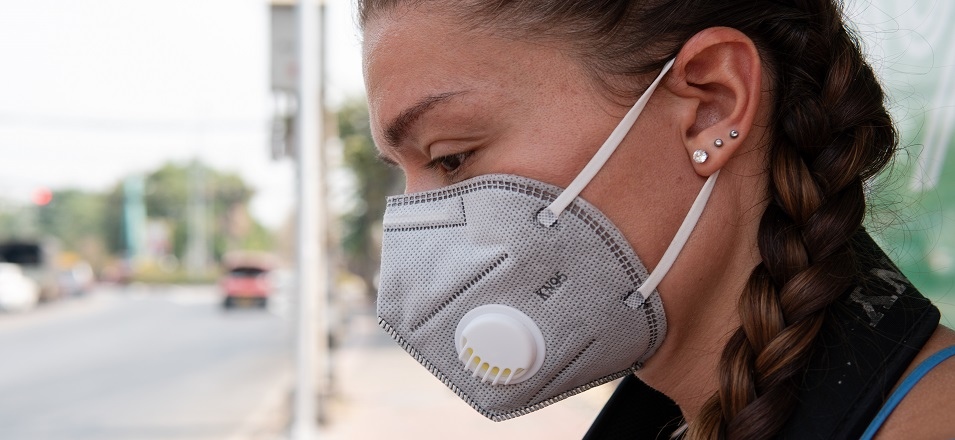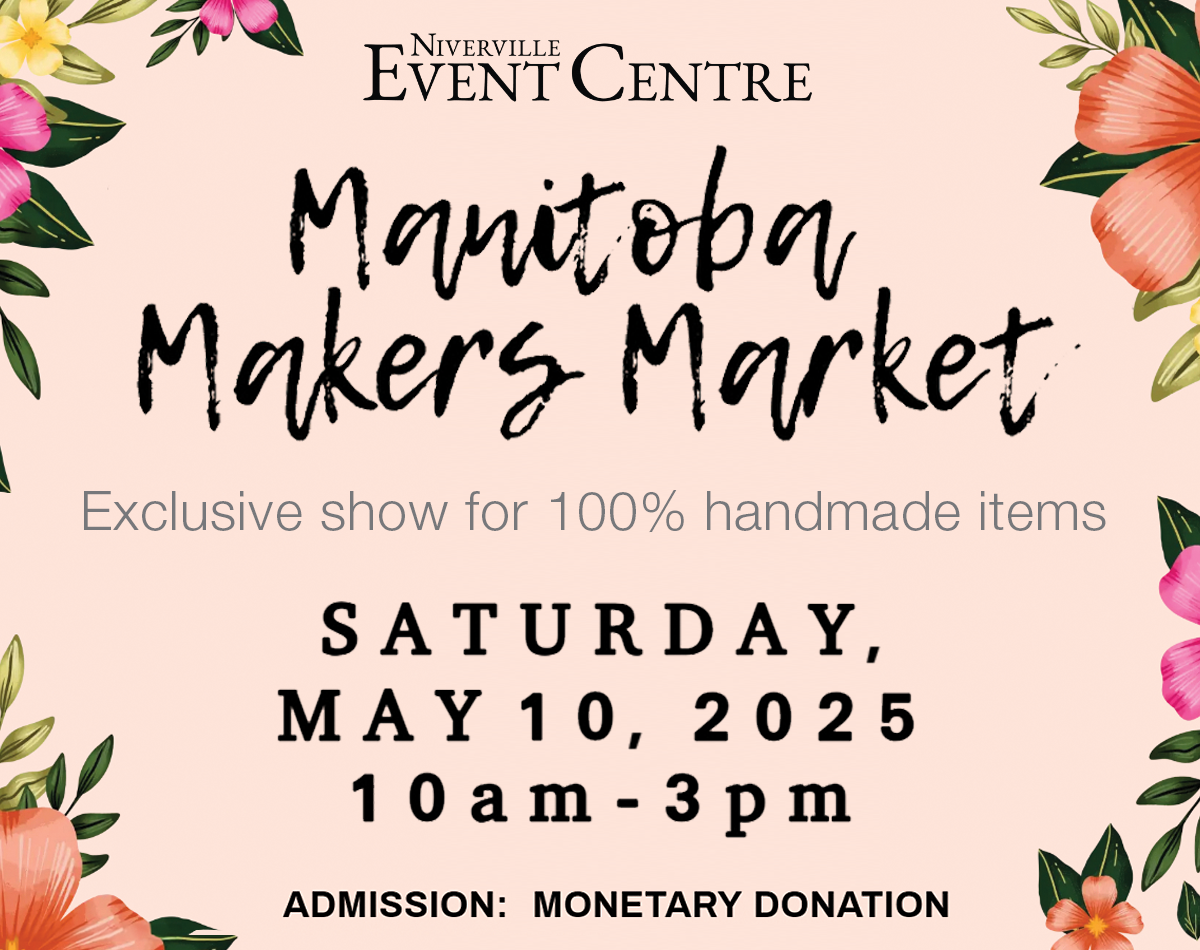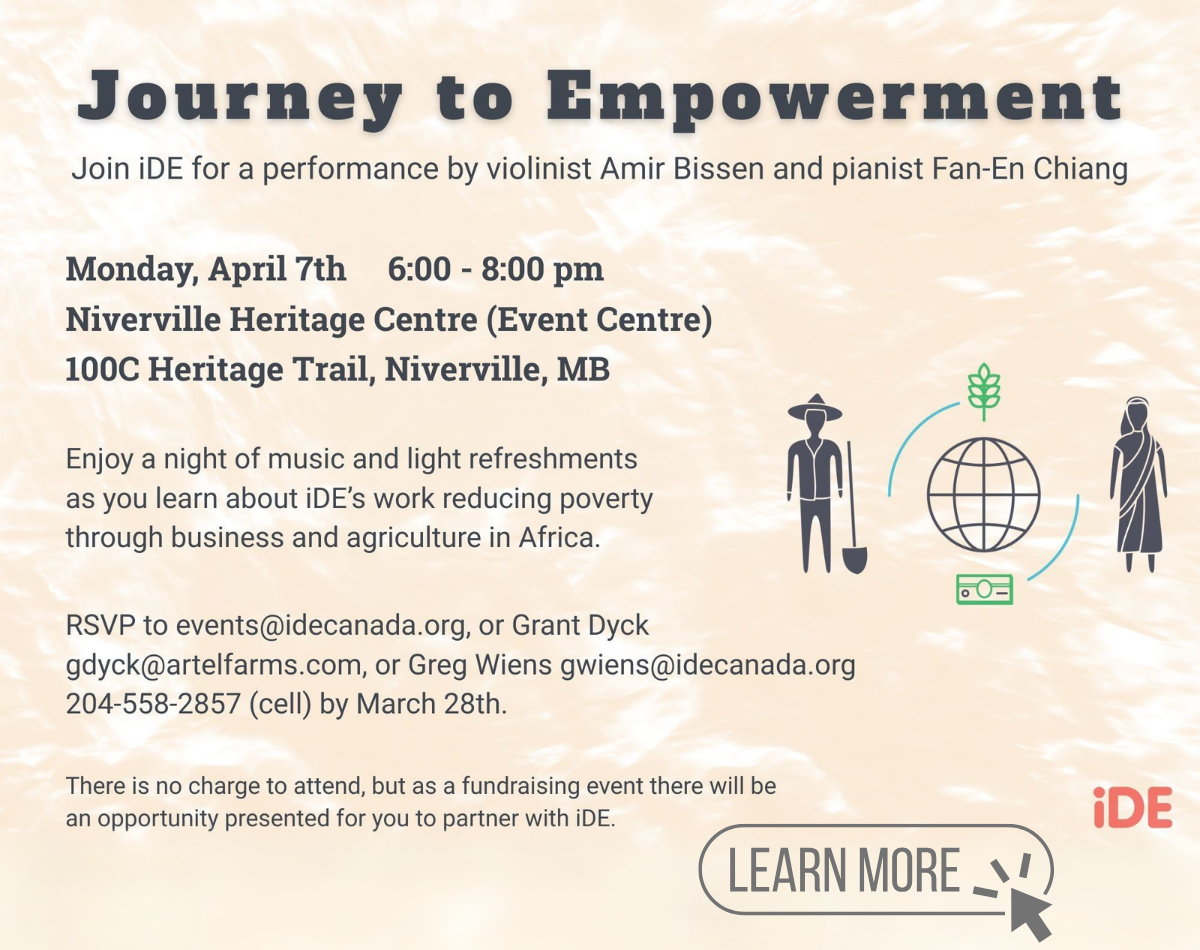
“We’re all in this together.” I can’t remember how many times I heard that slogan in 2020. It was one of the first messages of hope to ring out during the early months after the insidious virus perforated our borders.
At the time, for me, it provided about the same level of solace as it would a group of sunbathers watching a tsunami come crashing toward the shoreline. We’re all in this together, sure, but not one of us seems to have a hot clue how to get to safety.
I understood what the message was saying, though. Unlike the other c-word (cancer), where the afflicted walk a hard and sometimes lonely journey while the world carries on around them, COVID presented a crisis that had the potential to affect every one of us.
For many, fear reigned supreme. We were aghast when people stood too close or dared to loiter in groups. We cast a sceptical eye on those who were slow to don a face covering in the heat of summer.
But we muddled our way through the frequently confusing messages coming down from the top brass and slowly adapted to a new way of living. Many rallied around each other in social-distanced efforts, making grocery runs for the isolated, cheering on parades of graduates, and creating fun and safe activities for families to take part in outdoors.
And as I marvelled at the creativity and resiliency of mankind, I felt the power of that early message. We really are in this together!
But as the summer waned, our luck in evading the world’s nemesis did, too. Suddenly every newscast was glutted with numbers: how many infected, how many in ICU, how many dead.
From my armchair in front of the nightly news, the media seemed to provide little help in inspiring hope over fear. Why, when hope pulls us together and fear drives us apart? Instead, COVID negativity consumed each daily broadcast, reminding us primarily of the ravages of the virus and not the much larger survival rate.
At the same time, we were essentially removed from the bigger picture of worldly non-COVID events. For myself, it created a myopic view and softened my sympathies for those who were starving in refugee camps or clinging to life in the midst of far-off wars. It warped my greater perspective.
Closer to home, decisions needed to be made that would divide us: elected leaders stepped in to administer unprecedented restrictions over our personal lives and those of the small business owner.
Whether the imposed local restrictions were the best possible answer to saving lives or a heavy-handed attack on human rights is not the point. For me, it was more about the dismay I felt as social media became fraught with discord. To a large extent, and as much as social media can be trusted as a barometer of society, we were divided.
Proponents on the one side accused those on the other side of favouring the economy over human life. Naysayers, with equal fervency, were quick to throw stones of verbal indignation at those who would “follow like sheep.” Never had I seen the phrase “There’s no cure for stupid” bandied about so freely on both sides.
Suddenly, there was no room for dialogue or friendly agreeing to disagree. I saw long-held friendships culled, family relationships severed, and neighbours keeping a watchful eye on neighbours to see who would break the Christmas gathering rules.
Of course, to some degree, I point at a generalization of what I myself felt. Not everyone wields their passion like a freshly sharpened machete. There is still kindness, goodness, and grace among us, to be sure.
But at least for me, COVID became not so much a pandemic as a deep philosophical question: is it even possible to get through a crisis in a state of togetherness?
Who is the real enemy here? Is it COVID or is it the person who disagrees with my opinion on how best to deal with it? Unless we can figure that out, it will be hard to stand together when future crises arise, as they surely will.
Like everyone, I want 2021 to be the bearer of brighter things. I want to turn the page on last year, but not without first having an objective to guide me into the future: to learn and grow from the experiences of 2020.
Can we listen to others without contempt in the hopes of gleaning a better understanding of another’s point of view? Can we respect a diversity in ideology and opinion, not just skin colour? I’m banking on it, because together we really could be stronger.



















